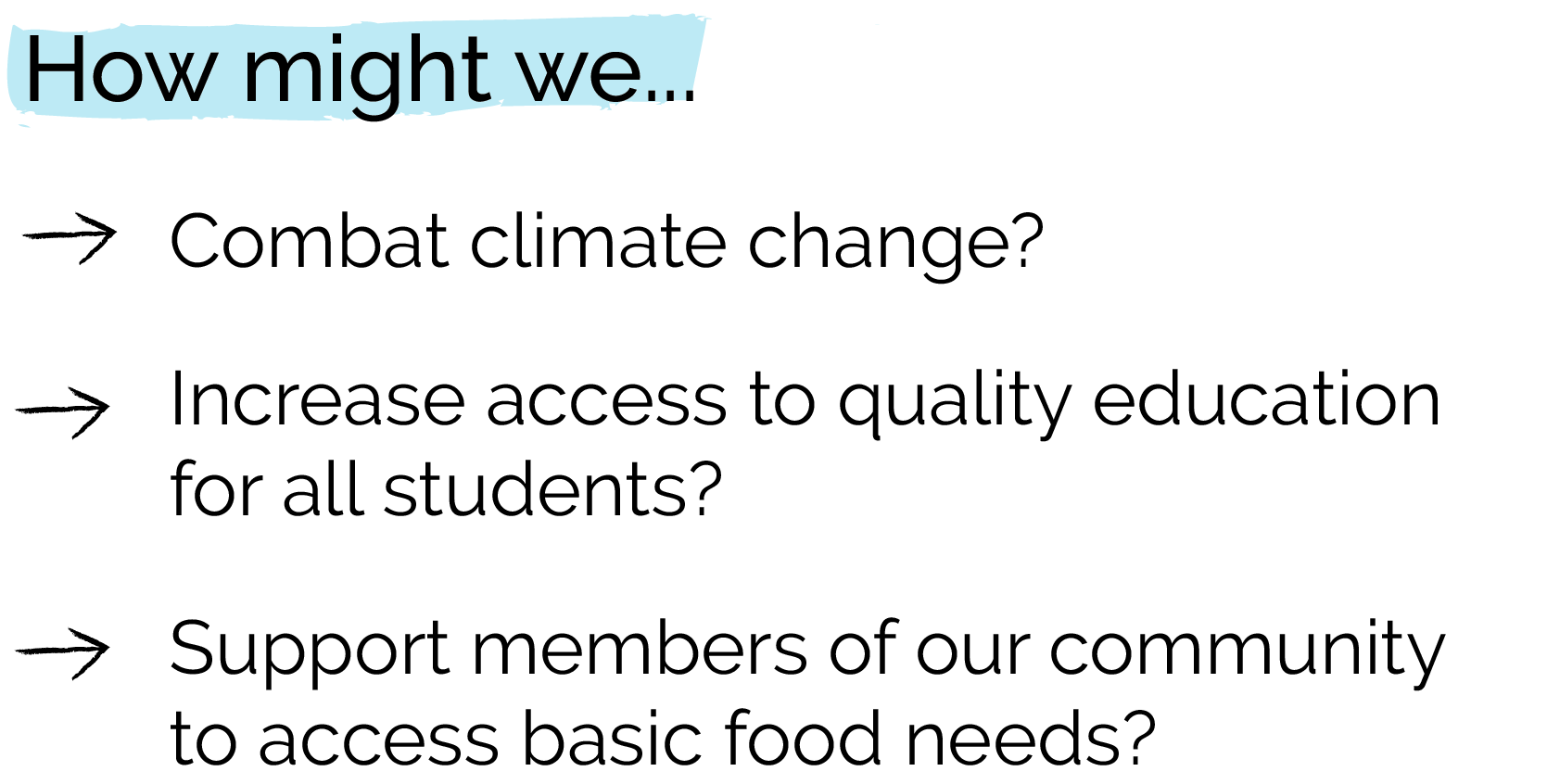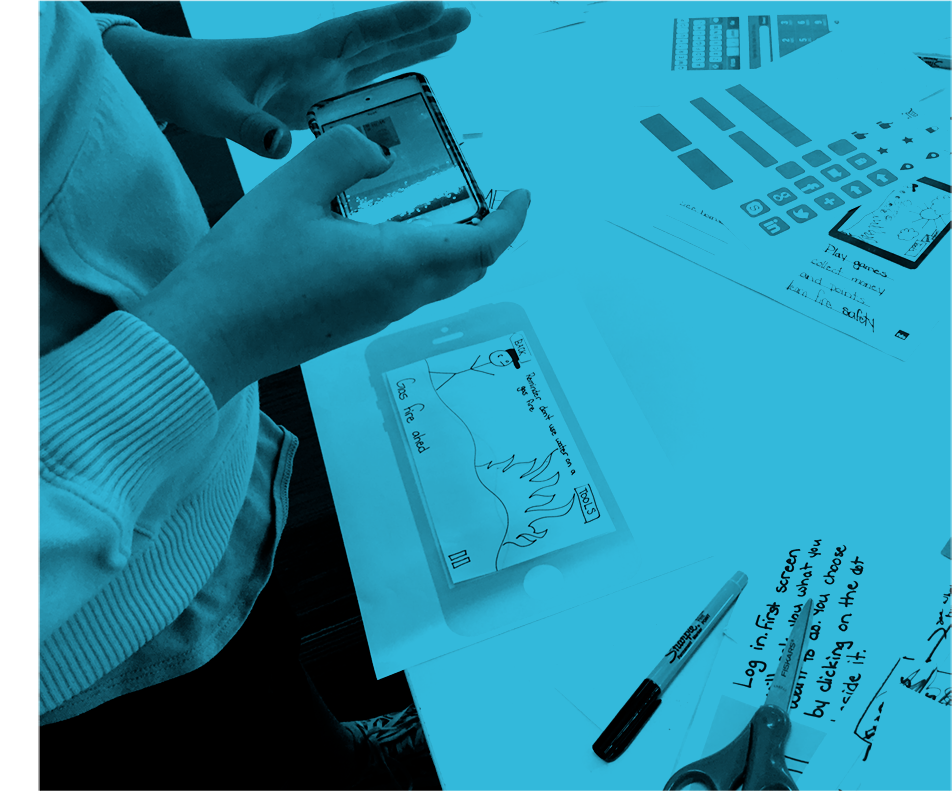
In this post: How to implement funded programs, including

Problem solving competitions

ENTREPRENEURSHIP PROGRAMS

SKILLS CERTIFICATIONS
The incredible opportunities presented to educators through the American Rescue Plan Act of 2021 (ESSER ARP) have been a central component in addressing the impact the COVID-19 pandemic has had on students. With nearly $122 billion available to schools and states, leaders continue to develop creative ways to close the widening achievement gap and prepare for the future.
Funding allocation guidelines for ESSER III states that school leaders should use some funds for summer and after-school programs that “implement evidence-based interventions that respond to students’ academic, social, and emotional needs and address the disproportionate impact of COVID-19 on underrepresented student groups.”
A common critique of traditional approaches to education is that they fall short in helping students to see how their learning prepares them for the “real world.” We know from research that when students connect their learning to authentic experiences, they apply themselves more deeply and show a greater propensity for grit and resilience.
These deeper connections to learning offered by authentic after school and summer learning experiences transfer to more traditional approaches of measuring learning (including standardized tests). Simply put, authentic learning experiences align with our understanding of the brain and the way our minds convert information into applicable, transferable knowledge.
The big question on many leaders' minds is: what evidence-based programs are best suited to address learning loss? Below are three ways school leaders can bring these authentic learning experiences to their students using ESSER funding.
1. Authentic Problem Solving Competitions

The Future Prize program from Future Design School has been activating student focused design competitions since 2016.
“FDS has inspired me to think about others and use empathy towards others. It helped me with my problem solving and thinking around the box. One thing I love about the program is that you get to have positive feedback from your teammates and people from other groups.” - Student Participant
Learn more about Future Design School’s Future Prize competition
2. Youth Entrepreneurship Programs

The Young Innovators Program from Future Design School is a ready to deploy experience that immerses participants in the human-centered design process in a safe and engaging environment.
“The best part of the program is the connection to the real world and the kids learning things that we use in industry.” - Parent of a Young Innovator
3. Skill Certificates and Credentialing
Certificate and credential programs offer opportunities for students to showcase their personal skill development over time; through meaningful experiences and compelling challenges that enable application of future ready skills like creative problem solving, data literacy, and critical thinking and analysis in relevant and exciting ways. They are also a great way for students to differentiate themselves as they prepare to enter higher education institutions and the rapidly changing workforce.
Specifically crafted challenges provide a unique opportunity for students to demonstrate their ongoing skill development and personal growth. Upon successful completion of various challenges, students earn official designations that recognize their progress and achievement.
Future Skill Certificates offered by Future Design School empower students to acquire, apply and reflect on future ready skills as well as actively identify real situations where these skills can be readily employed.
“This experience was enlightening and enjoyable. I learned how to problem solve, use critical thinking effectively, and believe in my ideas. Encouraging my passion through the use of ambitious ideas allowed me to utilize the design process, and apply statistics and innovation in every step of the way.” - Grade 12 Student
Learn more about Future Design Schools Future Skills Certificates
More and more employers and postsecondary institutions are actively seeking candidates who can demonstrate future ready attributes like critical thinking, empathy, and problem solving — and are shifting their recruitment and evaluation practices accordingly. Addressing learning loss while simultaneously preparing students for their future is the win-win that schools and students need.
Future Design School is working with schools and districts across North America and around the world to help build back better in the wake of the COVID-19 pandemic. Connect with us today and leverage the deep insights and approaches we bring to strategic conversations, strategy development and action planning. Our unique vantage point, cultivated over decades of working in schools solving complex problems, pushes leaders to pursue exciting new opportunities.
Get started today! Email our Managing Director, Sandra Nagy, sandra@futuredesignschool.com or call us at 1-800-975-5631.
The Evidence
In a paper published in 2007 by The EduCause Learning Initiative, a community of higher education institutions and organizations, it’s stated that by engaging students in issues of concern to them, from global warming to world hunger, authentic learning awakens in learners the confidence to act. They state that authentic learning aligns with research into the way the human mind turns information into useful, transferable knowledge. More importantly, students say they are motivated by solving real-world problems. They often express a preference for doing rather than listening. At the same time, most educators consider learning-by-doing the most effective way to learn. (Lombardi 2007)
According to Harvard Business School, in November 2021, there were 29,648 job postings in the United States advertising design thinking as a necessary skill—a 153 percent increase from November 2020, and a 637 percent increase from November 2017. In addition, jobs that require design thinking statistically have higher salaries. Harvard Business School
In 2010 a team of researchers from Stanford University began the, “Taking Design Thinking to Schools Research Project'' to improve the understanding of how design thinking contributes to learning in K-12 classrooms. Through the implementation of an interdisciplinary design curriculum with middle school students the team found that design thinking supports students' academic performance in ‘core’ subjects by contributing to critical thinking, social development, teamwork skills and the skill of negotiating meaning (Carroll, et al 2010). Furthermore they found that design thinking challenges students to think in new ways, take risks, and engage in collaborative learning.
